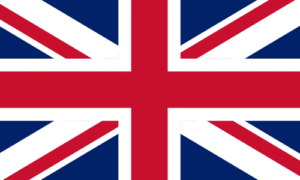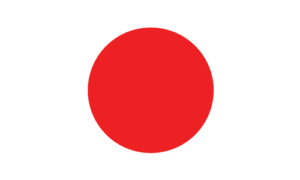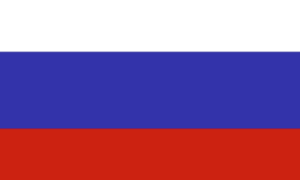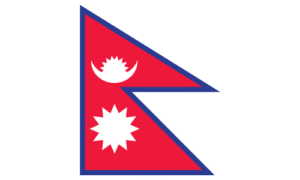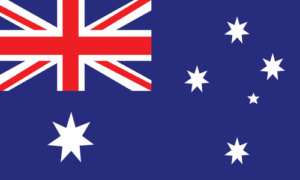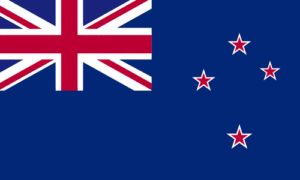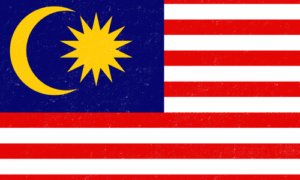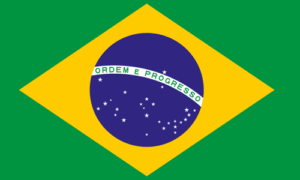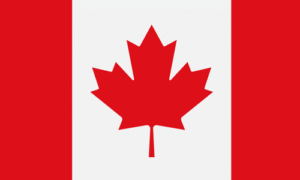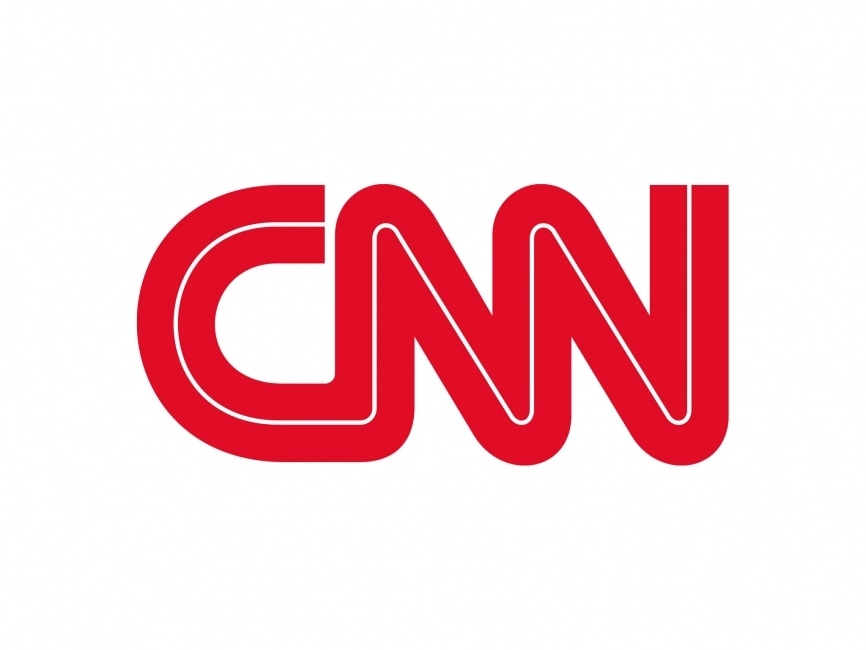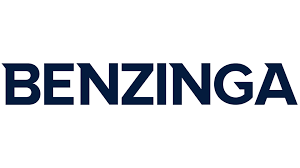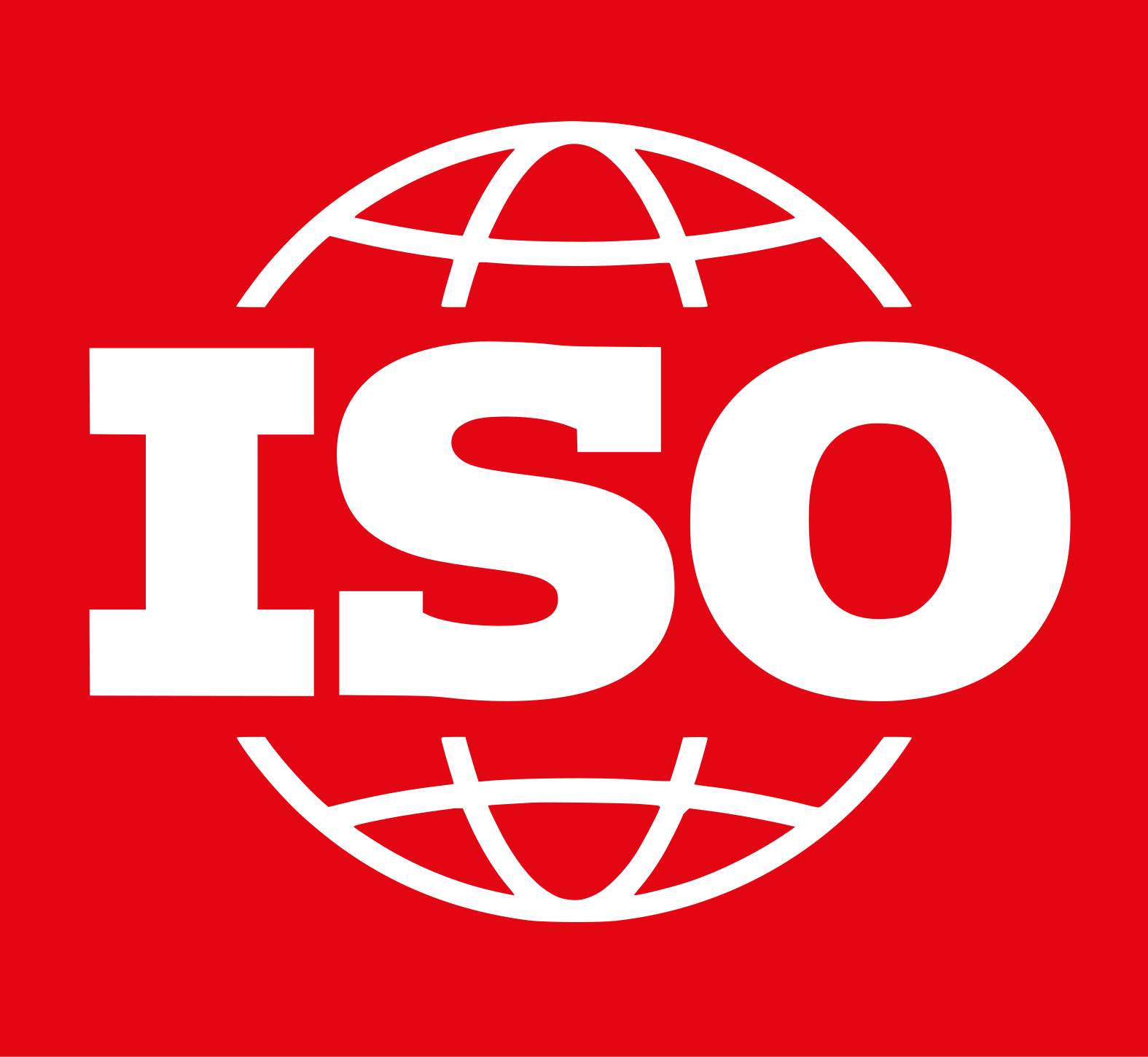Table of Contents
Registering an industry in Nepal involves multiple steps and associated costs across various government bodies. Understanding these expenses is crucial for entrepreneurs planning to establish businesses in Nepal. The registration process encompasses company formation, tax registration, local government approval, and industry-specific permissions from the Department of Industry (DOI).
Registration Costs at the Office of Company Registrar (OCR)
The initial step in establishing an industry in Nepal involves registering a company at the Office of Company Registrar under the Company Act, 2063 (2006). The costs vary based on the company’s authorized capital and type.
Registration Fees for Private Limited Companies
For private limited companies, which are the most common business entities for industries, the registration fees are structured according to authorized capital:
- Up to NPR 100,000: NPR 1,000
- NPR 100,001 to NPR 500,000: NPR 4,500
- NPR 500,001 to NPR 2,500,000: NPR 9,500
- NPR 2,500,001 to NPR 10,000,000: NPR 16,000
- NPR 10,000,001 to NPR 20,000,000: NPR 19,000
- NPR 20,000,001 to NPR 30,000,000: NPR 22,000
- NPR 30,000,001 to NPR 40,000,000: NPR 25,000
- NPR 40,000,001 to NPR 50,000,000: NPR 28,000
- NPR 50,000,001 to NPR 60,000,000: NPR 31,000
- NPR 60,000,001 to NPR 70,000,000: NPR 34,000
- NPR 70,000,001 to NPR 80,000,000: NPR 37,000
- NPR 80,000,001 to NPR 90,000,000: NPR 40,000
- NPR 90,000,001 to NPR 100,000,000: NPR 43,000
- Above NPR 100,000,000: Additional NPR 30 per NPR 100,000
Additional OCR Expenses
Beyond the basic registration fees, entrepreneurs must account for:
- Application fee: NPR 1,000
- Name reservation fee: NPR 100
- Articles and Memorandum of Association preparation: NPR 5,000-15,000 (if using legal services)
- Digital signature for online registration: NPR 1,500-2,500
- Company rubber stamps: NPR 500-1,000
- Company registration certificate: NPR 600
Tax Registration and Ward Office Costs
After company registration, industries must register with tax authorities and obtain local government approval, which involves additional expenses.
Permanent Account Number (PAN) Registration
Registration with the Inland Revenue Department is mandatory under the Income Tax Act, 2058 (2002):
- PAN registration fee: NPR 200
- VAT registration: No direct fee (mandatory for businesses with turnover exceeding NPR 5 million)
- Excise duty registration (if applicable): NPR 10,000-20,000 depending on industry type
Ward Office Registration Expenses
Local government registration as per the Local Government Operation Act, 2074 (2017) includes:
- Business operating license: NPR 1,000-10,000 (varies by municipality/rural municipality and industry size)
- Recommendation letter fee: NPR 500-2,000
- Local tax deposit: NPR 1,000-5,000 (refundable)
- Environmental clearance verification: NPR 1,000-3,000
Department of Industry Registration Process and Fees
The Department of Industry registration is the core process for industrial establishment under the Industrial Enterprises Act, 2076 (2020).
Initial Approval Application Costs
- Application fee for industry registration: NPR 5,000-25,000 (based on investment size)
- Project proposal preparation: NPR 10,000-50,000 (if outsourced)
- Environmental documentation: NPR 5,000-10,000 (basic documentation)
Industry Classification and Registration Fees
According to the Industrial Enterprises Act, 2076 (2020), industries are classified into different categories with varying registration fees:
- Micro enterprises (investment up to NPR 500,000): NPR 1,000
- Small industries (investment up to NPR 100 million): NPR 5,000-15,000
- Medium industries (investment up to NPR 250 million): NPR 15,000-25,000
- Large industries (investment above NPR 250 million): NPR 25,000-100,000
Foreign Investment Registration Additional Costs
For industries with foreign investment, additional costs apply as per the Foreign Investment and Technology Transfer Act, 2075 (2019):
- Foreign investment approval fee: NPR 20,000
- Technology transfer registration: NPR 10,000-50,000
- Repatriation permission documentation: NPR 5,000-10,000
Environmental Assessment Costs
Many industries require environmental clearances before final registration, which can be significant expenses.
Initial Environmental Examination (IEE) Expenses
For smaller industries with moderate environmental impact:
- IEE document preparation: NPR 100,000-300,000
- IEE review and approval fee: NPR 15,000-25,000
- Public hearing expenses: NPR 20,000-50,000
- Environmental monitoring setup: NPR 50,000-100,000
Environmental Impact Assessment (EIA) Costs
For larger industries with significant environmental footprint:
- EIA study and documentation: NPR 500,000-2,000,000
- EIA review and approval: NPR 50,000-100,000
- Expert consultation fees: NPR 100,000-300,000
- Environmental management plan: NPR 100,000-200,000
Sector-Specific Environmental Compliance Costs
- Pollution control equipment: NPR 100,000-10,000,000 (varies widely by industry)
- Waste management system: NPR 50,000-500,000
- Environmental monitoring equipment: NPR 50,000-200,000
- Compliance certification: NPR 10,000-50,000
Final Registration and Post-Registration Expenses
After obtaining all approvals, final registration costs and immediate post-registration expenses must be considered.
Final DOI Registration Fees
- Permanent registration certificate: NPR 10,000-50,000 (based on industry size)
- Industrial property registration: NPR 5,000-20,000
- Quality certification application: NPR 5,000-25,000
Post-Registration Compliance Costs
- Annual renewal fees: NPR 5,000-25,000
- Compliance reporting: NPR 5,000-15,000 annually
- Industry-specific licenses: NPR 10,000-100,000 (varies by sector)
Read More:
- https://lawaxion.com/total-cost-of-registering-a-star-hotel-in-nepal/
- https://lawaxion.com/total-cost-of-registering-a-manpower-in-nepal/
- https://lawaxion.com/total-cost-of-registering-media-in-nepal/
- https://lawaxion.com/total-cost-of-obtaining-nrn-citizenship-in-nepal/
- https://lawaxion.com/cost-of-obtaining-share-lagat-in-nepal/
FAQs About Industry Registration Costs in Nepal
What is the total minimum cost to register a small manufacturing industry in Nepal?
The minimum cost for registering a small manufacturing industry typically ranges from NPR 150,000 to NPR 300,000, including company registration, tax registration, DOI approval, basic environmental clearance, and local permits. This estimate excludes land, construction, and equipment costs.
How long does the complete industry registration process take in Nepal?
The complete registration process usually takes 3-6 months. Company registration takes 1-2 weeks, tax registration 1 week, ward office approval 1-2 weeks, initial DOI approval 2-4 weeks, environmental clearances 1-3 months, and final DOI registration 2-4 weeks.
Are there any hidden costs in the industry registration process?
Yes, entrepreneurs should budget for unofficial facilitation expenses, document translation costs for foreign investors, multiple trips to government offices, potential consultant fees, and costs for addressing unexpected compliance requirements that may arise during the process.
Do registration costs differ for foreign investors compared to Nepali nationals?
Yes, foreign investors face additional costs including foreign investment approval fees (NPR 20,000), technology transfer registration fees if applicable, document authentication costs at Nepali embassies, and potentially higher consultant fees due to unfamiliarity with local procedures.
Can I register an industry online to reduce costs?
Partial online registration is possible for company registration through the OCR portal, which can save some costs related to travel and documentation. However, most other processes including DOI registration and environmental clearances still require physical presence and documentation.
What are the annual renewal costs for maintaining an industry registration?
Annual renewal costs include company renewal fees (NPR 5,000-20,000 depending on capital), business operating license renewal at the ward office (NPR 1,000-10,000), and industry-specific license renewals that vary by sector. Environmental compliance monitoring may add NPR 10,000-50,000 annually.
Are there any government subsidies or fee waivers available for certain industries?
Yes, the Industrial Enterprises Act, 2076 (2020) provides fee waivers and subsidies for industries in priority sectors, those established in underdeveloped regions, and those employing a high percentage of Nepali nationals. Industries using green technology may receive up to 50% reduction in registration fees.





